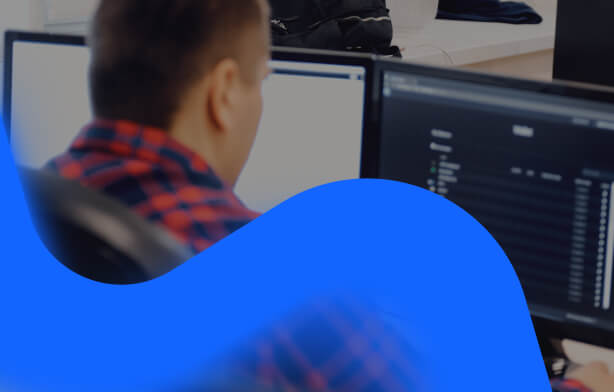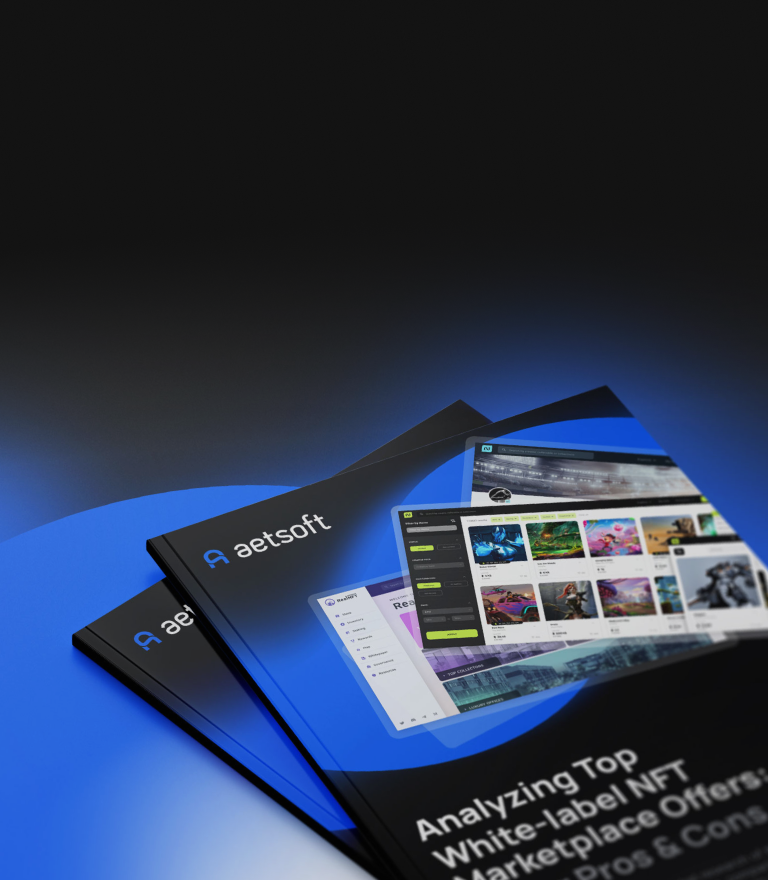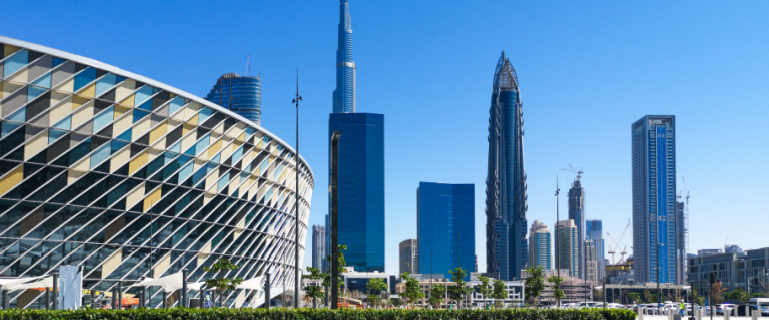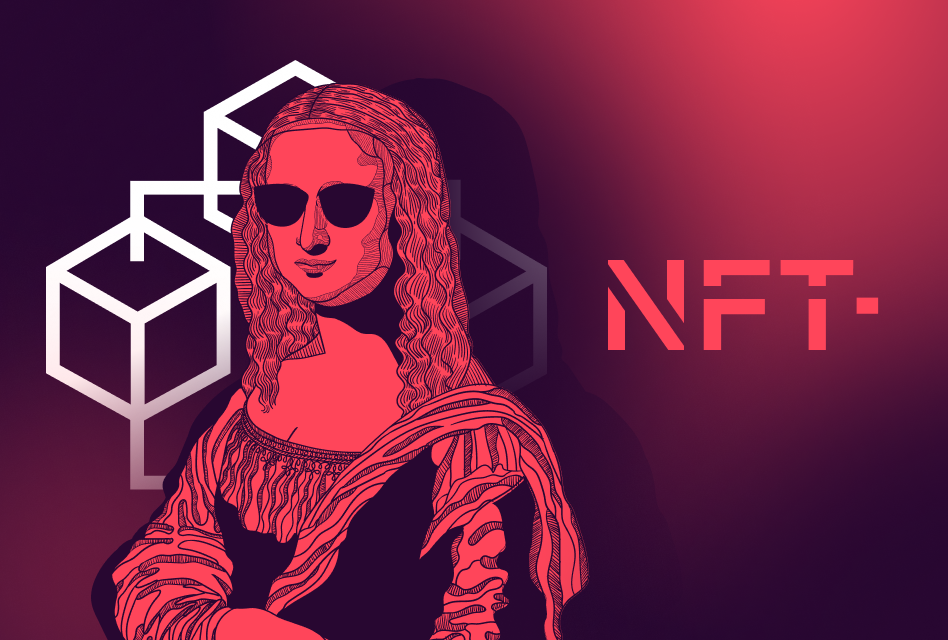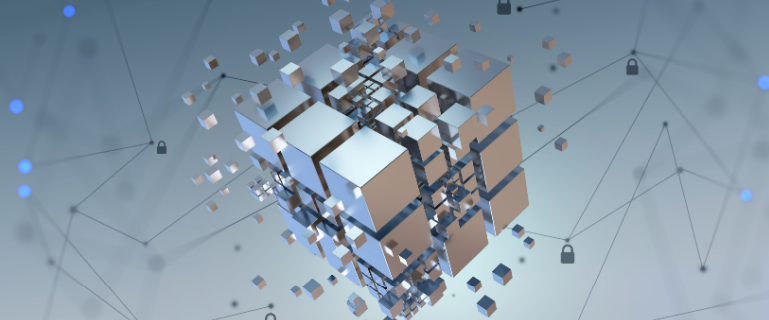Digital twins are virtual replicas of real-life, physical objects created in the metaverse. But rather than just being 3D copies, digital twins replicate the behavior of the physical object, including its actions and responses, to realistically imitate it in the virtual world.
In a nutshell, the replication process became possible thanks to the sensors attached to the physical object. Those collect the relevant data from the object and transmit it to the metaverse, to relay it to a digital twin then.
The major benefit of digital twins for business is cost-savings; yes, recreating objects in a virtual reality rather than in the real world is a money-wise and less risky move (both strategically and financially), because:
- You don’t have to deal with production and operational costs
- It’s faster to build and launch digital objects
- You can test those in a ‘safe,’ near-real environment to predict their behaviors and make further strategic decisions
Thanks to digital twins, the metaverse becomes more interactive and immersive. Without this technology, we could simply deal with another set of 3D spaces to explore, like in a video game. Digital twins are a revolutionary concept that was born at the intersection of AR and VR technologies, as it’s meant to be.
Where to See Digital Twin Metaverse in Action, Already?
Automotive and manufacturing

A car manufacturer who wants to introduce a new design to the market can create a full-scale prototype in a virtual world and simulate its behavior. Through simulation, they can see how it is resistant to external effects such as crashes and collisions. Within the shortest time possible and more cost-effectively, they can determine if they need to equip it with braking mechanisms of better quality and ensure the proper safety standards.
Retail

Digital twins advance online shopping by making it possible for users to make purchases in the metaverse. That is, they can browse virtual shops the same way they could do it in real life, explore items — digital replicas of real-world products — and even try clothes, shoes, and clothing attributes on their digital avatars to see if those fit them. Online shopping has never been so immersive! Then, they can purchase things as in any online store or place an order to pick those up later in a brick-and-mortar one.
Sports

Digital twins gave a wonderful opportunity for sports fans to interact with their favorite sportsmen and sports brands in an entirely new way, the one they, perhaps, could only dream of before. How about playing with or even against your icon on the same field? Say, a football one. In the digital twin metaverse, users can meet with the digital replicas of favorite players; AI-powered, those replicate their real-life behaviors so that users can experience near-real interactions in a simulated environment like a football stadium to play at.
Real estate

With the growing trend for tokenized ownership and property tokenization, it was a question of time when we will see the first digital twins of physical real estate in the metaverse. Well, now we can see them, in their full glory. Metaverse real estate can be an immersive enhancement of property tokenization where potential investors can see and experience digital replicas of real-world property in a series of simulated surroundings, to decide if they are ready to invest in it. In the same way, property buyers can try property assets out in the digital twin metaverse by exploring its rooms in a virtual world.
Healthcare

Perhaps, digital twin technology will forever change the way doctors treat patients. First, they can monitor patients’ health remotely by simulating their conditions in a real-time, virtual environment to decide on further treatment and even try various treatment options (in the digital twin metaverse, it’s safe). Second, interns can learn and test their skills in near-real surroundings such as testing labs or surgery rooms recreated in the metaverse.
Education

From now, the education process will be anything but boring. Imagine that you, as a history teacher, could tell students about historical events by placing them in a virtual world reproducing key events in real-time, be it a battle, an invention, or any other historical moment. Digital twins may act as more than 3D decorations, rather, they can replicate the behavior of real-life objects allowing users to interact with them and fully immerse themselves in the lesson and learn history.
Fashion

Besides immersive try-ons while shopping, in the fashion industry, digital twins can serve for conducting fashion shows, exhibitions, and product line presentations in the metaverse. Again, for fashion brands, it’s a less expensive way to attract the audience’s attention to their offers while the audience can enjoy new experiences. Another use case is immersive advertising campaigns; for example, through those, brands could tell users a story presenting their company and(or) new collection in a creative way. And if this story allows for interaction with the in-world items and surroundings, users will be happy to participate in the campaign!
Travel

Digital twins are expected to reopen the world of traveling by allowing users to see memorable attractions and visit various destinations right in the metaverse! In the same efficient way, digital twins work in hospitality; before booking their stay in a hotel, users could experience it in the digital twin metaverse and see if they are comfortable with it to make a reservation. With digital twins, you can recreate any destination, any hotel space, room, or apartment, and push the limits of your travel business.
The Promise Digital Twin Metaverse Holds
Together, metaverse and digital twins are going to set new trends. Below are our most courageous expectations for the upcoming years:
Immersive online collaboration. Users will be able to perform joint activities they normally do in the real world, but online. Shopping, walking around, sitting in a café — all of that will be possible in the digital twin metaverse, no matter how distant you are from each other.
Real-time simulation and monitoring. As digital twins can collect data from physical objects and instantly transmit it to the digital twin metaverse, ultimately, they will allow for the creation of a virtual representation of the real world updated in real-time. With such a replica, one could simulate real-life conditions, for example, on a city-wide scale. The tested conditions can include weather, traffic, energy usage, construction closures and detours, and more, allowing for experiments and outcome checks in the safest environment possible.
IoT-enabled device management. Digital twins can make it possible to remotely monitor the performance and conditions of IoT devices by connecting them to the digital twin metaverse. That is, the user can remotely operate their IoT home devices, such as thermostats, cameras, appliances, and others in real-time, wherever they are.
Cross-platform interoperability. Soon, digital twins and metaverse will enable seamless compatibility between different systems and platforms. In particular, digital twins can bridge together different virtual worlds, allowing for seamless transfer of data (most importantly, user avatars with all the gathered items and experience) between them.
Digital twin economies. With the further development of digital twins, the metaverse will allow for the creation of new economies. Users could create digital assets associated with real-world ones, and even property, to trade them on dedicated digital twin marketplaces. This would open up broad monetization opportunities for content creators, the same ones they received for NFTs not so long ago.
As we can see, metaverse and digital twins are going to forever change our online experiences as well as bring sea changes to many industries. Yes, today, we gave you examples from only 8 industries, which is not that many. But take in mind that those are already real, existing examples, rather than mere speculations. Given that, it’s not difficult to imagine how metaverse and digital twins can change other industries, as they are going to do.
